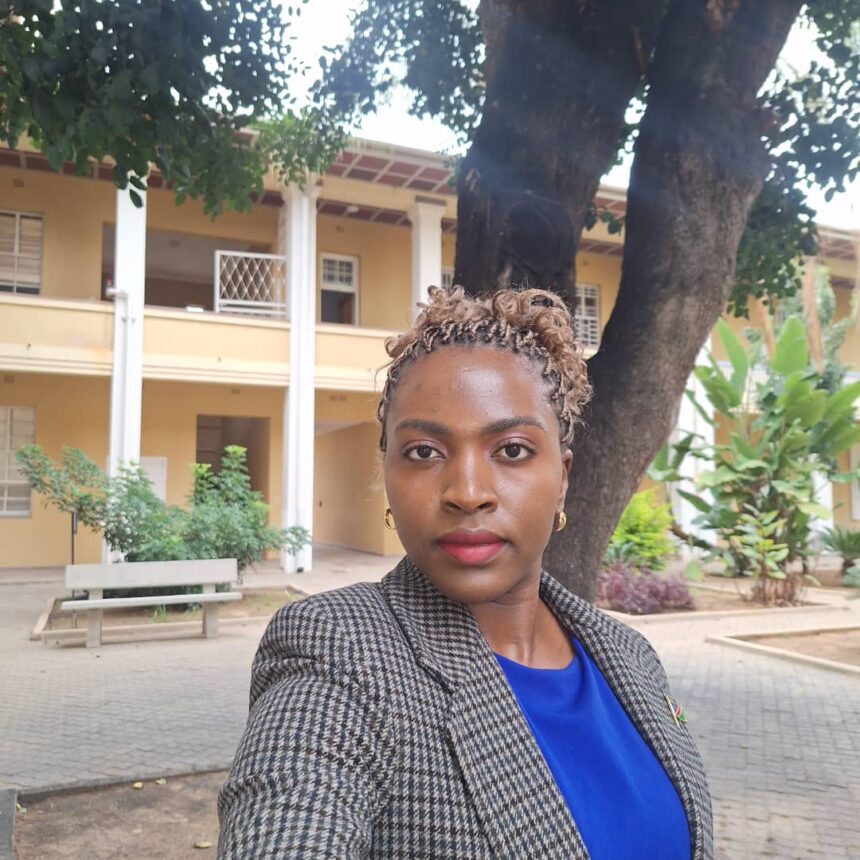Democracy is often praised as a system that reflects the “will of the people”. It promotes justice, fairness, and development. It’s widely seen as a path to a better future, guiding African countries toward the “promised land.” However, for many African nations, this promise has not materialized. In fact, the version of democracy adopted by African countries at independence may have become a chain rather than a key to freedom.
When African countries gained independence, many were introduced to democratic systems by their former colonisers.
Ironically, the very coloniser who had denied Africans democratic governance during colonial rule! Suddenly, how could a system created by those who oppressed Africans become the best solution for Africa? In real sense, colonialism did not end, it merely changed shape. These democratic frameworks were not designed to liberate Africa but rather to maintain influence and control.
Many independence-era agreements bound African countries to conditions that remain difficult to escape. These “democratic” systems often come with strings attached — foreign aid, rigid legal frameworks, unequal economic policies, and contracts that continue to serve external interests. The system appears designed not to empower but to monitor and restrain.
African nations that strictly adhere to procedural democracy often find themselves caught up in bureaucracy. Disputes over “public tenders” can take years to resolve in courts, while hospitals run out of essential medicines, projects remain delayed and uncompleted. Meanwhile, those that benefiting from the system fight in court over who gets the tenders. Of course, in a democratic system, it is their right to do so, but in practice, communities are left waiting for essential services for long. These bureaucratic delays hinder progress and prompt critical reflection: Is the current democratic model truly aligned with Africa’s urgent development needs? What is required are radical and transformative reforms to ensure that governance systems deliver services rapidly to the people.
The continent often prioritizes foreign interests over those of its own citizens. A Chinese company suing the Namibian government over a cancelled tender. Could a Namibian company do the same in China? Highly unlikely. Probably, China’s regulatory frameworks are designed too tightly to control foreign access to its economy. Yet, many African nations continue to be held hostage by legal conditions under the pretext of legality and the “rule of law,” that undermine their sovereignty and subject them to external pressures.
This article has been shortened.
*Priskila Kulula is a Social Activist and Pan-Africanist


